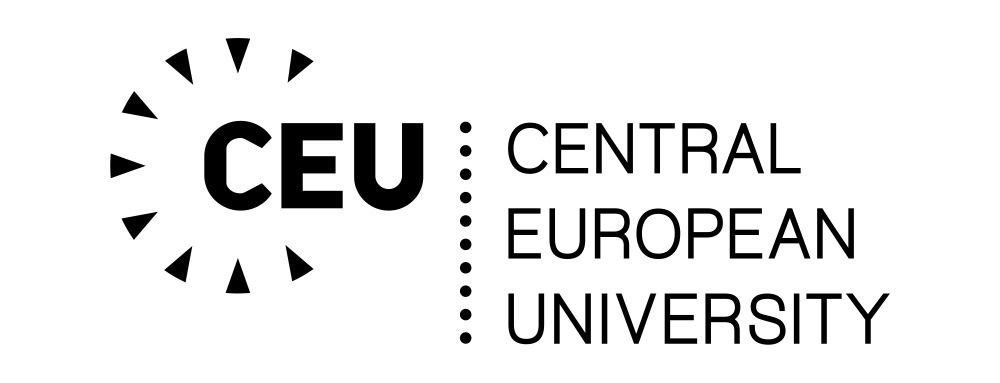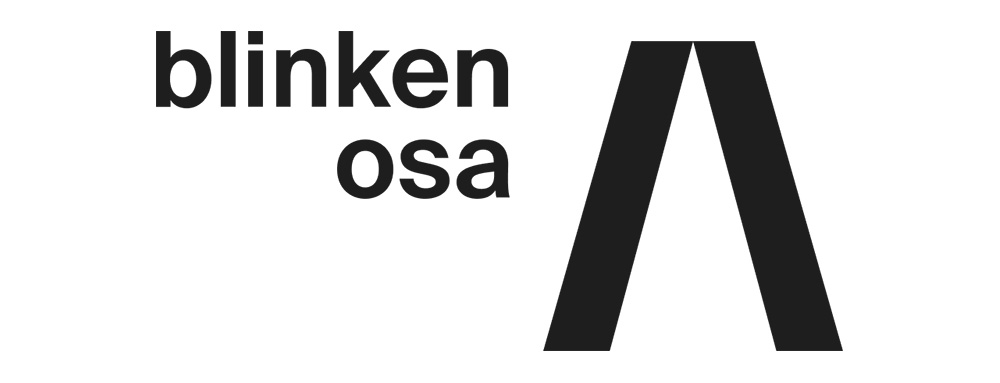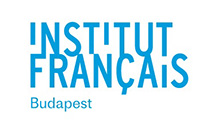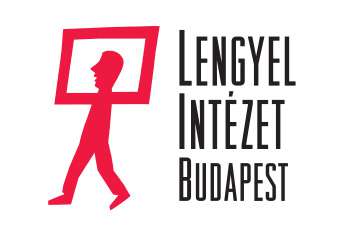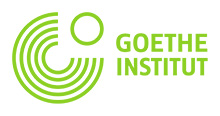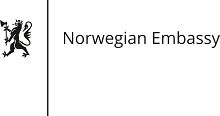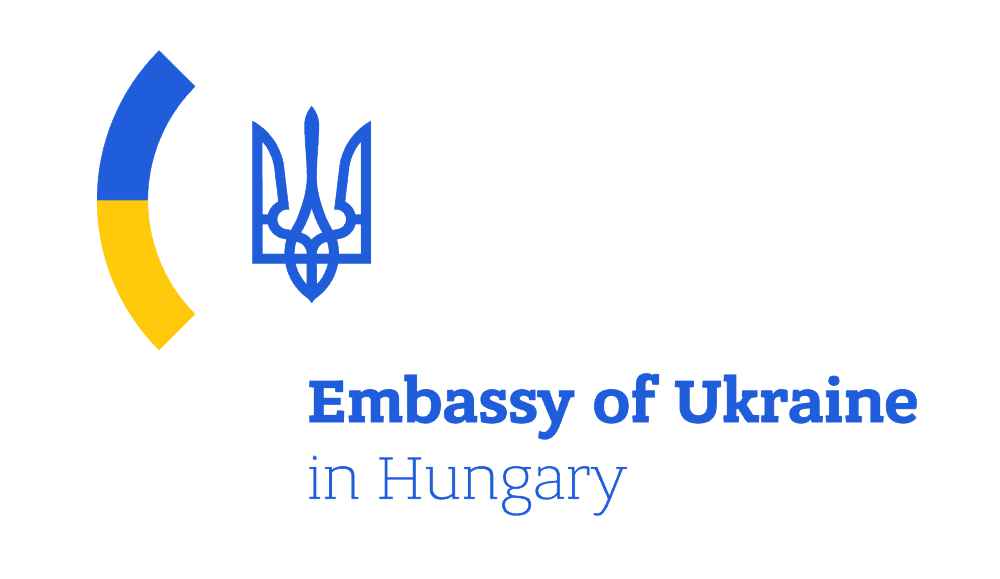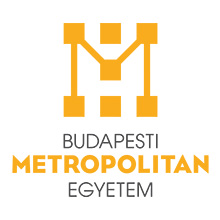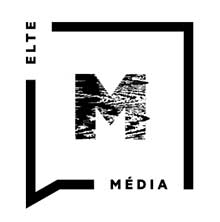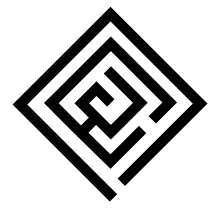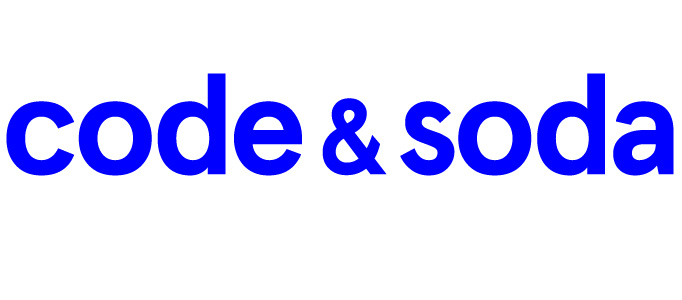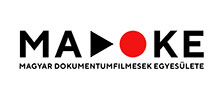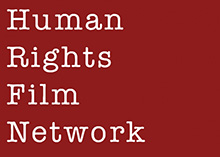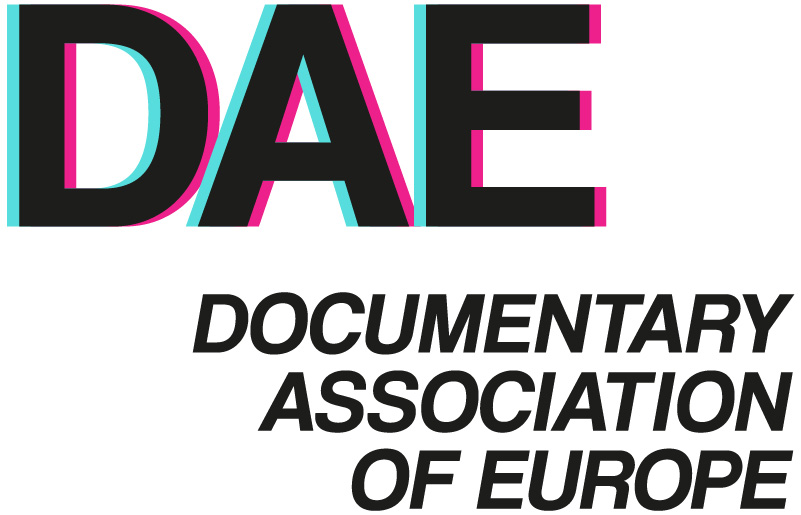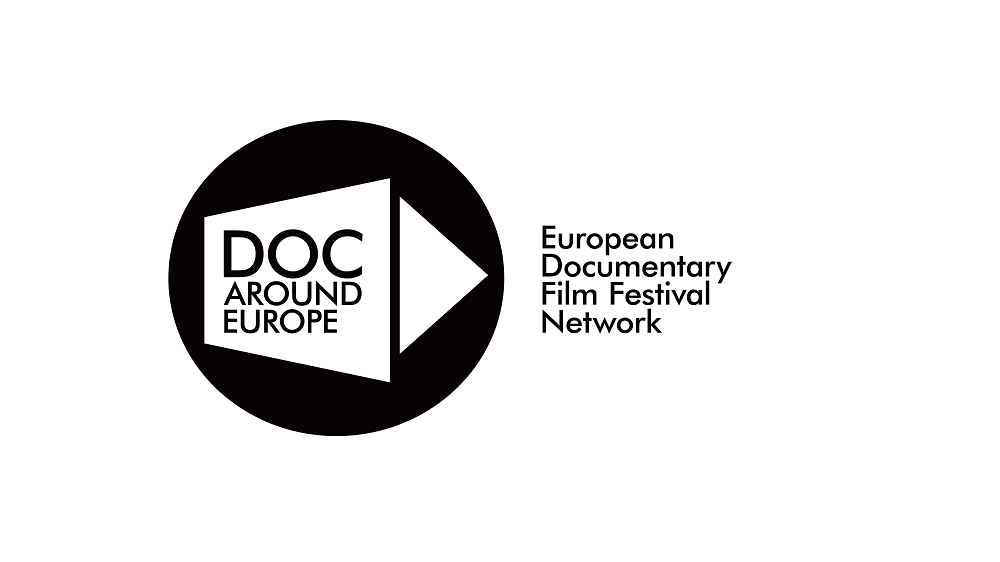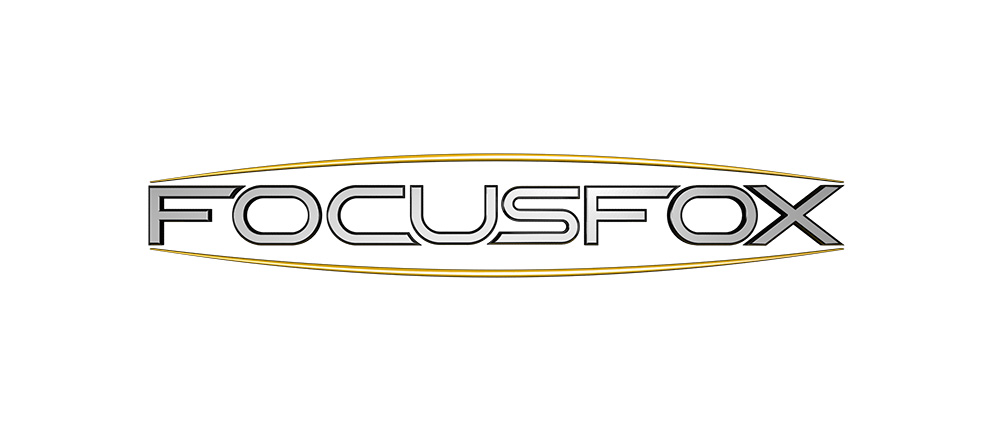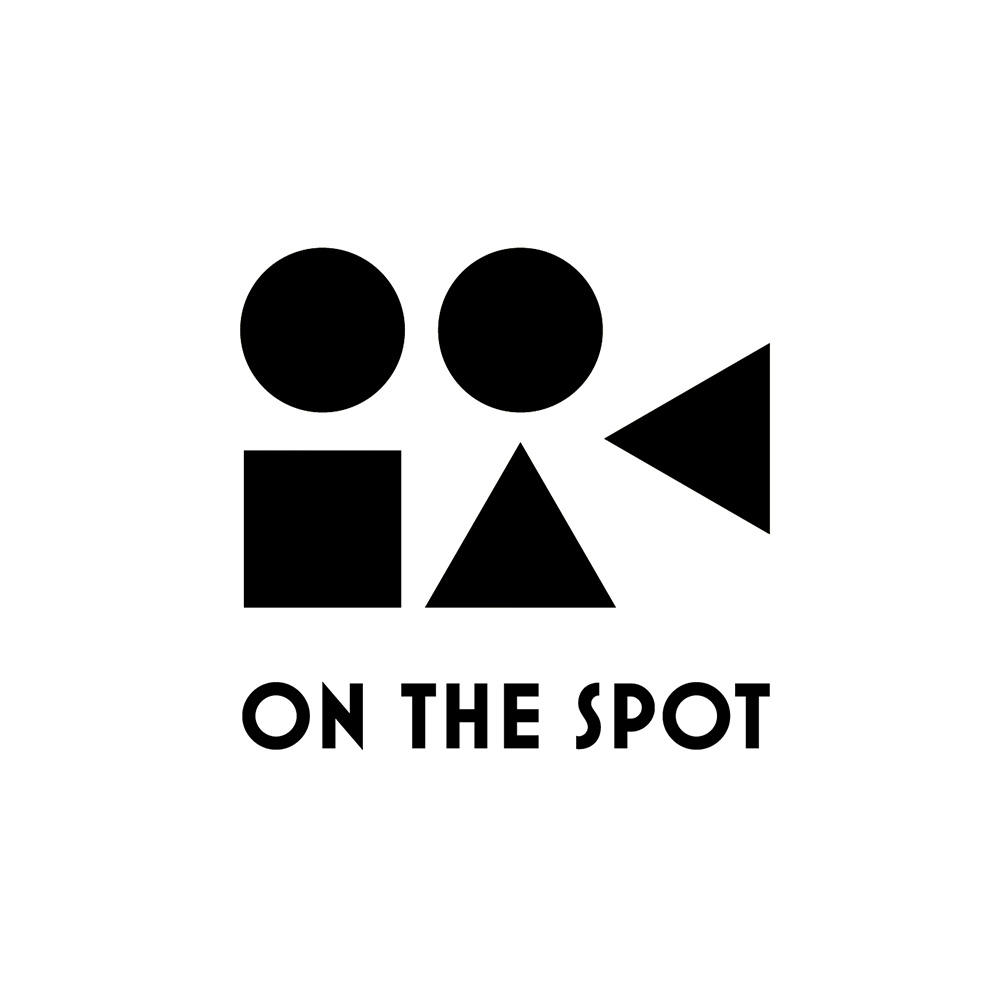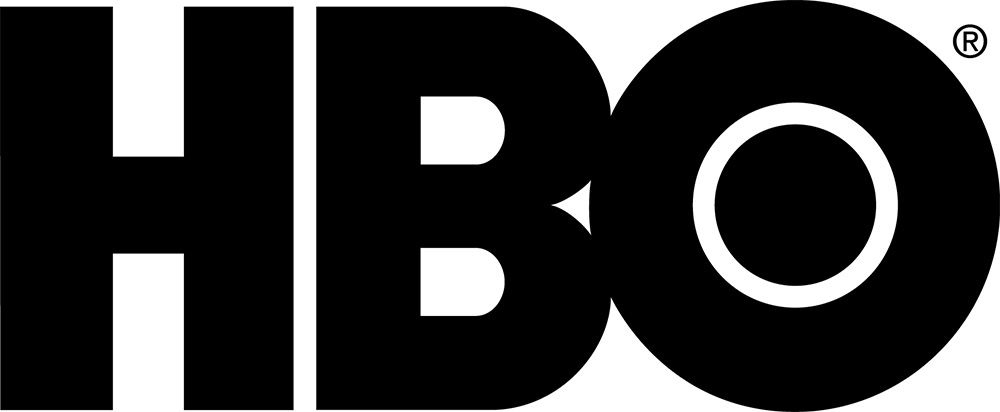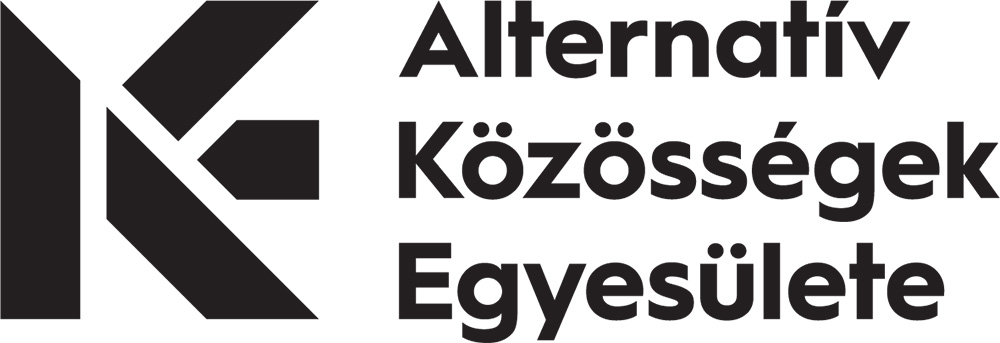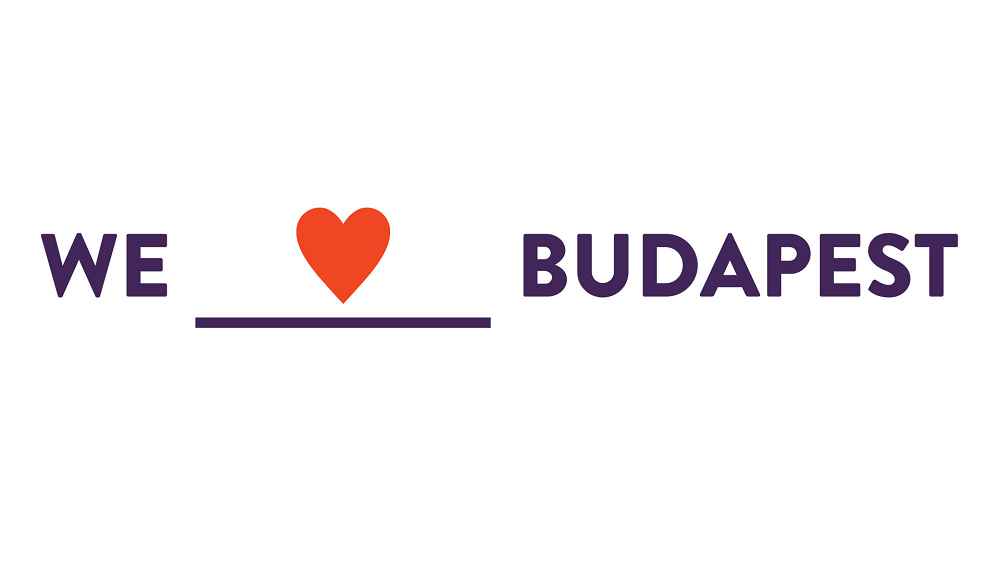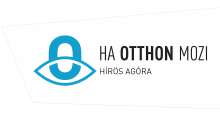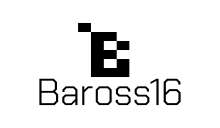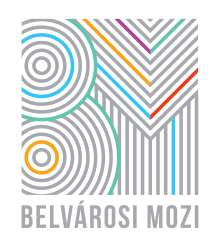
Documentary filmmakers capture the transformation and challenges of humanity. By highlighting and celebrating these films, VERZIÓ aims to bring viewers closer to each other’s reality, to provide reliable information and to raise awareness about common joys and sorrows around the world, and in doing so, to contribute to a more supportive society. This year, to achieve these goals, the festival, founded by the Blinken OSA Archives, presents films in the following sections: International Competition, Student and Debut Film Competition, Hungarian Competition, Anthropocene, In the Name of Justice, and Archive of the Planet.
The festival program offers a wide-ranging selection of films with something for everyone.
There are several personal stories, including I am Greta, a behind-the-scenes look at activist Greta Thunberg, and Maddy the Model about the first world-famous model with Down syndrome.
Wood documents the chain of activities connected to illegal logging, from exploitation to marketing, and provides a wealth of information about environmental protection and climate change. Smog Town is a view into the actions of local forces in a Chinese city with some of the worst air-quality in the world as they try to find a balance between the government and local interests.
As many countries around the world have experienced, democracy erodes from within. This is also true for the Philippines. Journalist Maria Ressa and her colleagues have gained popularity through their fearless and uncompromising resistance to a repressive government that has unceasingly tried to silence them. We Hold the Line is about not giving up and speaking out against tyranny.
Epicentro, 17 Blocks and Vivos leads us to the Americas. Epicentro, Hubert Sauper’s latest Sundance award-winning film, gives us insight into the Cuban utopia, while Ai Weiwei’s Vivos shows us the distress of relatives mourning for their disappeared loved ones in Mexico. The film 17 Blocks takes us to Washington D.C, where we follow the trials and tribulations of one African-American family over two decades.
David France’s documentary, Welcome to Chechnya, is a look at the brave activists combatting a brutal anti-LGBTQ campaign, while Wake Up On Mars is a reminder of the ongoing struggles of refugees via one Kosovar family living in Sweden and battling against “resignation syndrome”.
This year, Hungarian filmmakers have presented us with some extraordinary subjects as well. Ever is a touching love story of a couple growing old in the shadow of Alzheimer’s disease. Give Me Shelter is a reminder of other kinds of frontline workers; it follows the everyday life of a social worker helping trafficked and abused women regain their lives. In Return to Epipo, adults share their memories of one peculiar Hungarian summer camp in the late 1980s: some remember it as the best time of their life, while others recall painful memories, offensive remarks, humiliation, and worse.
The catalog of films can be found in its entirety here.
The 17th VERZIÓ program is available online at the festival’s website. This year there will not be scheduled screenings; the films will be available for streaming throughout the festival. However, certain films will have a limited number of virtual seats, so we encourage you to browse our catalogue and select your tickets well in advance. Films can be viewed within 48 hours of booking a ticket. Several types of festival passes will be available, as well as single tickets for each screening. Furthermore, a number of screenings will be free of charge. As in previous years, Q&As and roundtable discussions will also be held.
The 17th VERZIÓ International Human Rights Documentary Film Festival is supported by the Creative Europe Program of the European Union.
